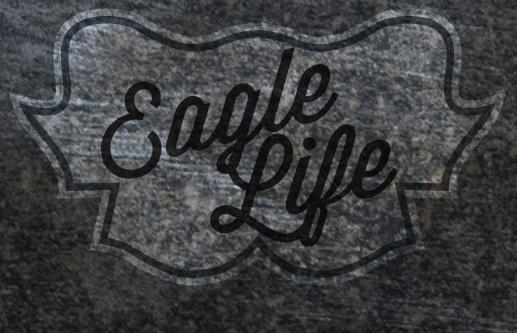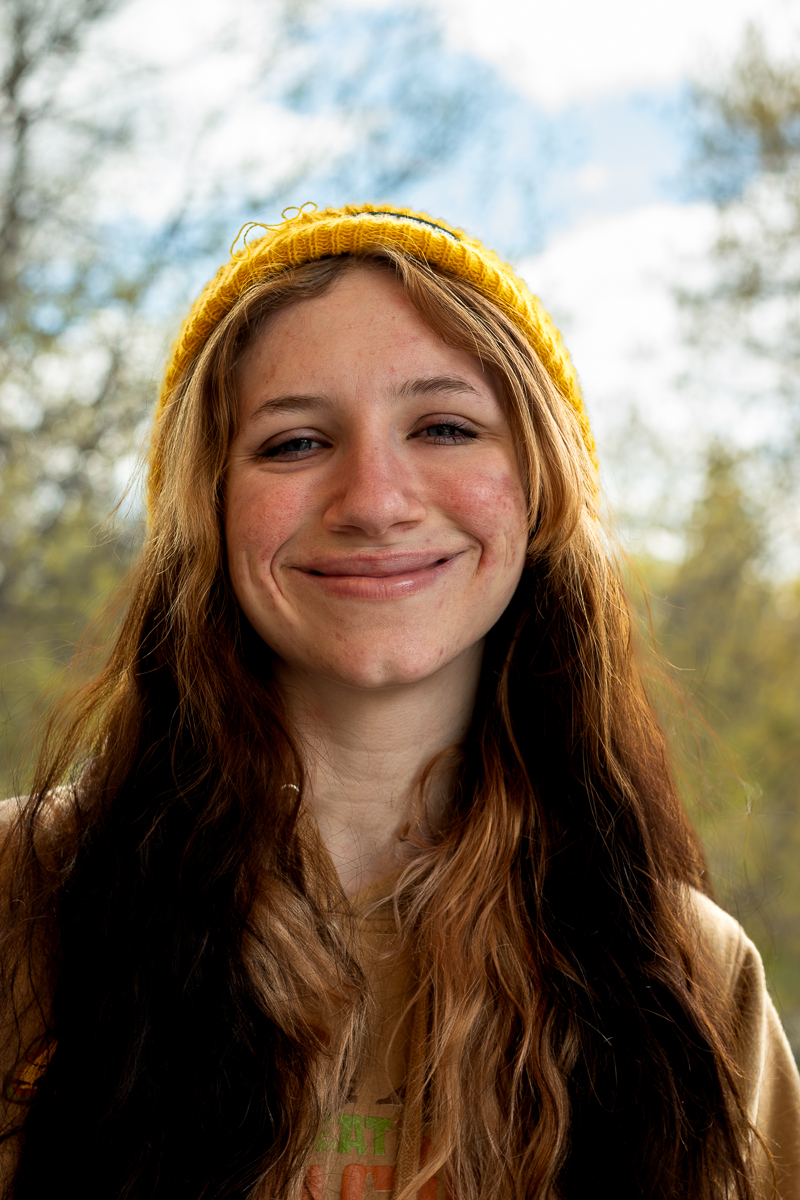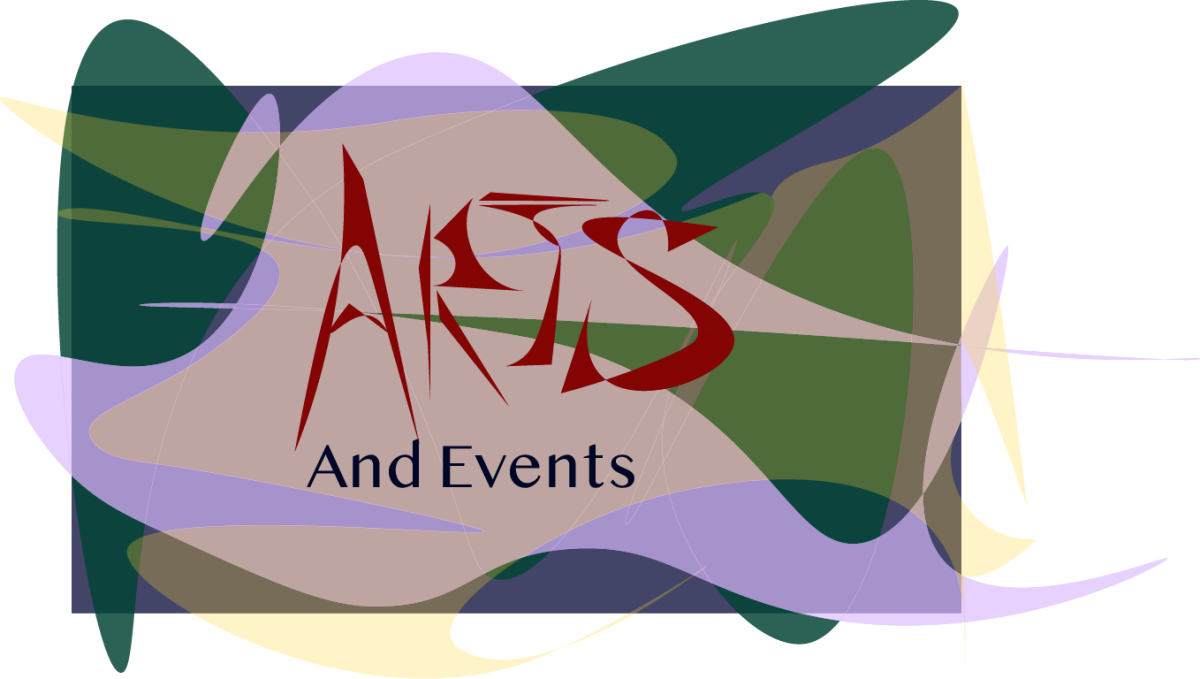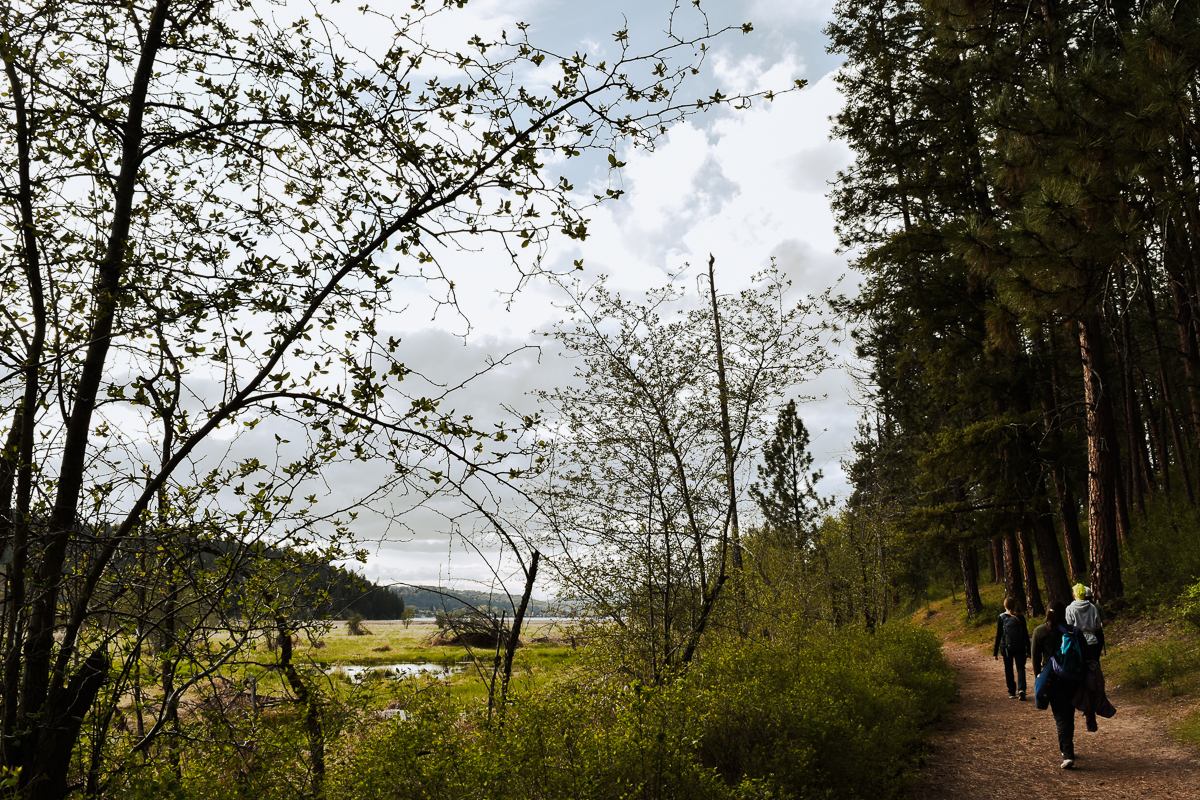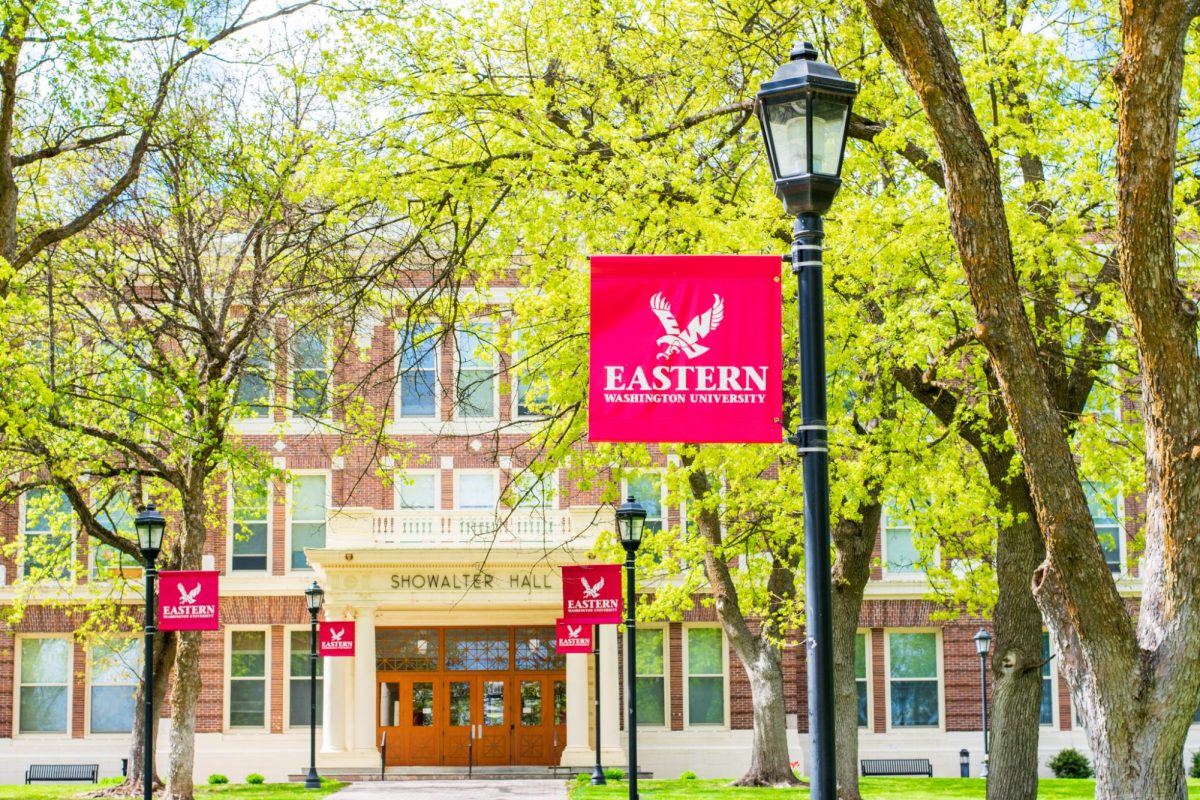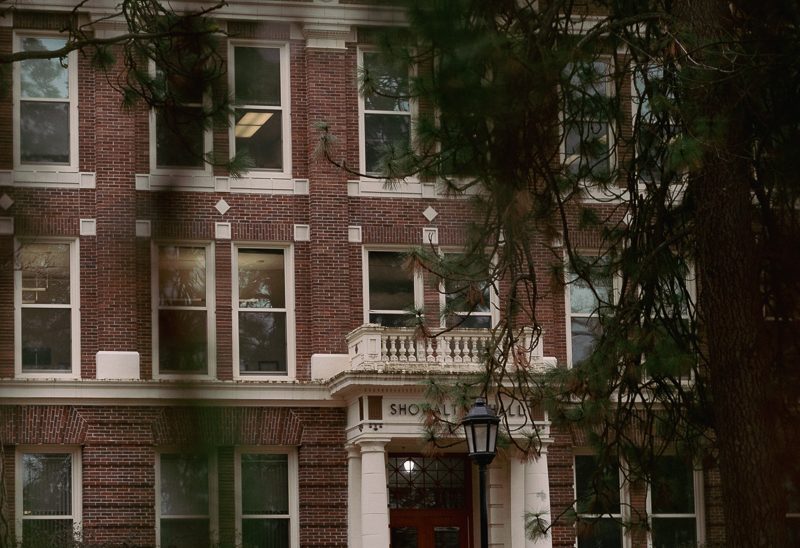By Wilson Criscione
Staff Writer
When Charles Mutschler came to EWU in the fall of 1973 as an undergraduate, students did not have computers, “pocket” calculators could barely fit in a purse and the introduction of co-ed dormitories was causing controversy.
As the university evolved with technology, Mutschler has grown right along its side. As university archivist he has distinguished himself as a vital aspect of the school.
“I tend to look at the library as the critical central element of the university for students and teachers,” Mutschler said.
Mutschler manages the archives and special collections section of the JFK Library. The department collects pertinent historical information in an approximate 100-mile radius of campus. Students and faculty go to him for permanent records of the university, as well as for non-university archives and personal papers which reflect the history of the area.
Yet when he first came to the school as a student, the library looked little like it does today.
“It was really a very different world,” said Mutschler. The school, he said, had just purchased a new mainframe computer, costing several million dollars and taking up a large portion of the library’s floor space.
If students wanted to work on a project after the library had closed, they had to wait until the next day. They did not have the option of recording lectures, and students could not do research at home on the Internet.
Today, people from all over the world request information from the archivist, and if you ask anyone at the university, he is always ready to assist them.
Allan Scholz, a biology professor, praises Mutschler for the environment he has created.
“He has made the special collections truly special,” Scholz said. “Without a doubt, it’s the most pleasant location on campus for conducting scholarly activity.”
Mutschler has helped Scholz with several books related to fish in the Columbia River Basin and Eastern Washington, including a work entitled “Fishes of Eastern Washington: A Natural History.”
Paul Lindholdt, an English professor, has also received professional help from Mutschler. Part of Lindholdt’s work involves editing overlooked books in American literary history and bringing minor classics back into print and available to the public, for which he often uses the EWU archives.
But Mutschler has used his knowledge of history around the area for his own interests too, such as his love of railroads. Growing up in Albuquerque, N.M. as a young boy, he hoped to one day become a locomotive engineer. When he realized his eyesight was not adequate for the railroad’s strict regulations at the time, he turned to history for a career, and has used his occupation to fuel his railroad history hobby.
Michael Conlin, a history professor, said that Mutschler once described himself as a “foamer,” someone who is so enthusiastic about trains that they foam at the mouth.
This has led Mutschler to publish and contribute to books on railroad history, and he often takes photos of trains and railroads around the area.
“I’ve always been interested in the technology behind it,” Mutschler said.
Technology of locomotives may sound boring to some in this age of hybrid cars, smartphones and tablets. But for Mutschler, the transportation which was so critical in shaping the country is fascinating.
He does not own a smartphone. Instead, he has a basic desk telephone. After using a film camera for years, he just recently got a digital camera, which he says has some positive aspects and some drawbacks. He is amused by this generation’s constant texting. But he still appreciates many of the more practical uses of technology.
“I wouldn’t want to write my master’s on a typewriter,” he said.
When it comes to the archives, he is willing to adapt to technology if it makes it easier to access information.
“The last 15 years have been incredibly transformative. The most requests that I get are not somebody who comes in the front door, it’s somebody who has either telephoned or emailed.”
People from all over the world are now able to call him and request information. While the Internet has made it easier for people to access these archives, it has also increased the demand for such knowledge. He is working to put as much online as he can, but it is a slow process, and he urges people to understand that while there is a lot of information online, there is still a lot missing. Handwritten documents, such as diaries and letters, would be hard to find on the Internet.
“He’s always ready to help, he’s got a can-do attitude. He almost never says no to any request you make of him,” Conlin said. “He’s the perfect colleague.”
Mutschler’s father taught geology at EWU from 1969 to 1996, and his grandfather taught modern European history in New York.
“I’ve always been interested in history. I suppose, in a way, it’s come full circle,” Mutschler said.
The archivist completed a BA in history in 1977, an master’s in history in 1981, and was hired at EWU Archives and Special Collections in 1983. He completed a master’s in archives & records management at Western Washington University in 1992, and a Ph.D in history at Washington State University in 1999.
According to Mutschler, he has “more than enough education” for his occupation.”
Larry Cebula, coordinator of the public history program, says there are two kinds of archivists: those who are willing to help people find what they have and use it, and those whose main interest is protecting the material. Charlie, as he calls Mutschler, is the ideal archivist, since he is the best of both worlds.
“It’s absolutely the archivist’s job to protect the documents. It’s also the archivist’s job to give the information. Charlie [Mutschler] remembers both halves of the equation,” Cebula said.
Mutschler lives in Cheney where he can easily walk to work. After decades at the university, he still welcomes people to his “little corner of the library” with hospitality.
And those around the university are thankful, because if not for him, the school might run a little off track.





![Simmons said the biggest reasons for her success this year were “God, hard work, and trusting [her] coach and what she has planned.”](https://theeasterner.org/wp-content/uploads/2024/05/image1-1-1200x800.jpg)

